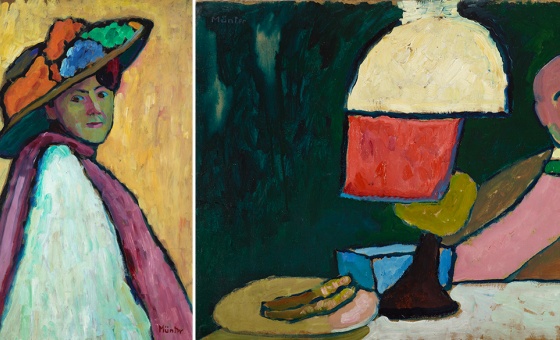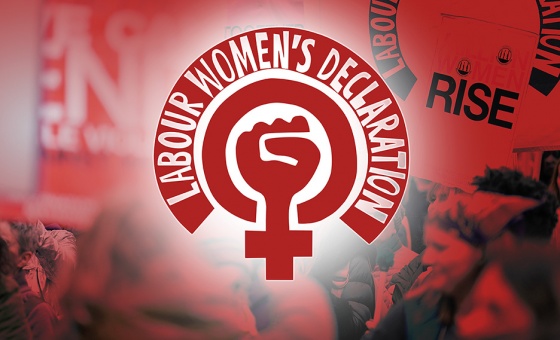This is the last article you can read this month
You can read more article this month
You can read more articles this month
Sorry your limit is up for this month
Reset on:
Please help support the Morning Star by subscribing here
What’s Left, What’s Right? A Political Journey Via North Korea And The Chinese Cultural Revolution
by Muriel Seltman
(Matador, £7.99)
MURIEL Seltman’s republished autobiography will fascinate those interested in the more esoteric aspects of British left history.
She was an early pro-Chinese sympathiser within the Communist Party of Great Britain and later travelled with her husband and son to live first in North Korea and then China just at the outbreak of the Cultural Revolution.
After having briefly been involved in the party as a teenager during the war, Seltman rejoined the party in Cambridge in the early 1950s along with her then husband Peter, whom she had met in Dublin when taking her mathematics degree.
Although critical of the state of the local CP in the gathering gloom of the cold war, she writes that “the most cheering aspect of our party membership was the comradeship that was an automatic accompaniment.”
She and her husband became opposed to the direction of the CPGB during the 1950s. By the Sino-Soviet split in the early 1960s, the couple became involved in a clandestine faction sympathetic to Mao’s China, eventually being expelled from the British party. This experience in these self-styled “anti-revisionist” circles makes Seltman’s memoirs stand out from other biographies written by communists or ex-communists of the time.
Seltman is scathing about her fellow anti-revisionists and by her account there seems to have been little of the comradeship or warmth that she had originally found in the CPGB.
Given the opportunity to escape from this political misadventure, the Seltmans took up the offer to work as teachers and journalists in North Korea, travelling via Beijing but her short time in North Korea was deeply unhappy.
She was offended by the all-pervading personality cult of Kim Il Sung and bored by the tedium of cloistered life in foreign teachers’ quarters in Pyongyang. A family illness was concocted and the Seltmans soon left for Beijing.
Their time in China was only moderately more fruitful. Seltman recalls the petty animosities of the Beijing-based pro-Mao expatriates and her growing unease with China’s direction as it lurched even further to the left.
Disillusioned by their experience, the couple returned to Britain where the Seltmans eventually came to the conclusion that Mao wasn’t really the world’s greatest living Marxist after all but a mere peasant nationalist, a perspective every bit as one-sided and simplistic as their starting point.
One can’t help feeling that Seltman’s lifelong passion for mathematics was reflected in her search for the same certainty and precision in political life. But, as she eventually found out, revolutionary struggle rarely conforms to set formulas.
Today Seltman sees herself as a “Quaker non-theist,” influenced by humanism and anti-statist Marxism. Many would reject her current views on anti-Semitism, zionism and sharia law but in her own way she maintains an admirable commitment to equality and social activism which might shame others a fraction of her age.
KENNY COYLE









